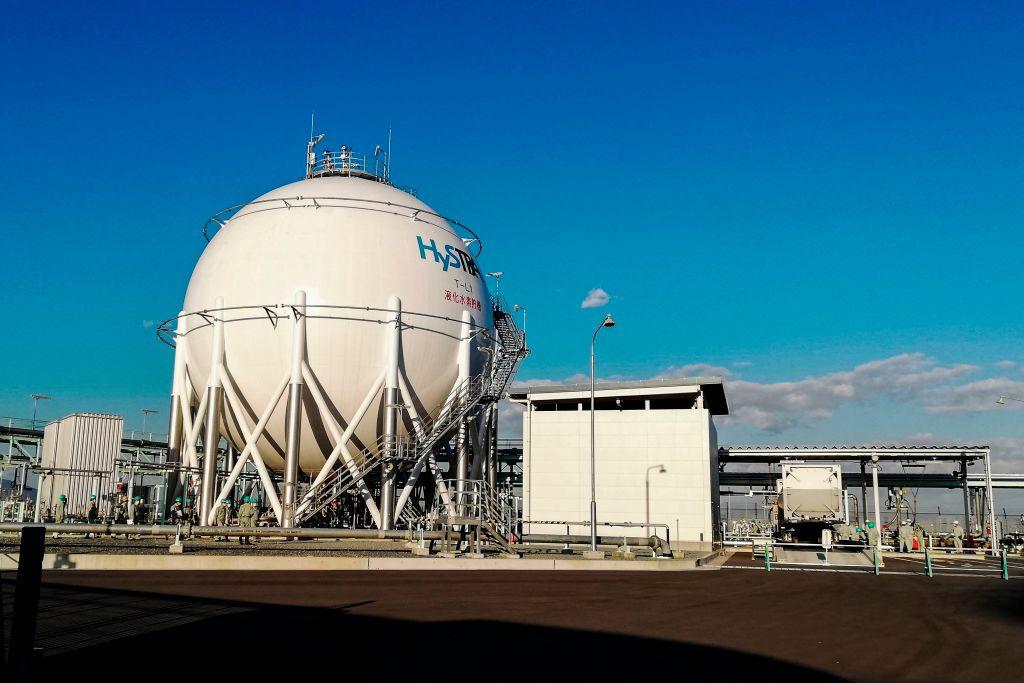Australia’s government-owned Clean Energy Finance Corporation (CFEC) has signed a memorandum of understanding (MOU) with the Japan Bank for International Cooperation (JBIC) to boost the development of key industries and technologies that can potentially fast-track the deployment of and make use of clean energy.
Under the MOU, the two financial institutions will look into co-investment opportunities in Australia and share knowledge and expertise to support and accelerate investment in the clean energy transition in Australia and Japan.




